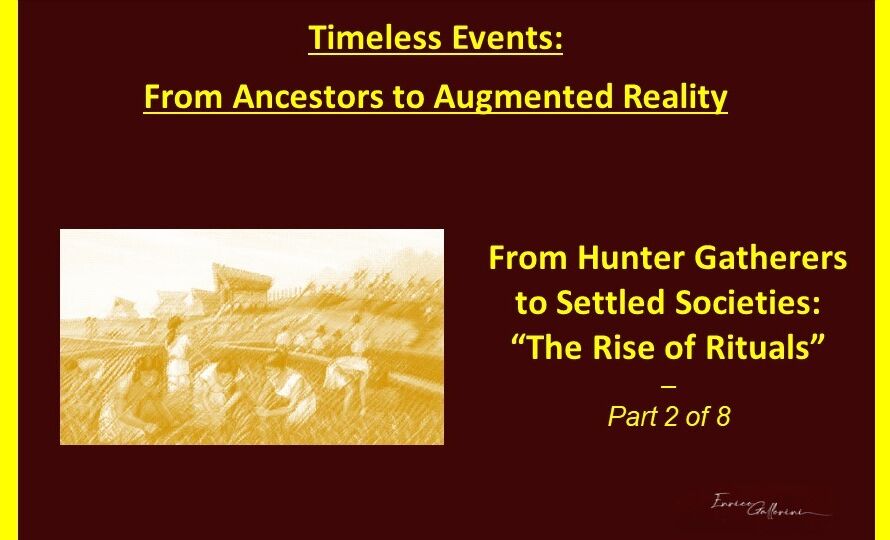In the breathtaking sweep of human innovation from the Renaissance to the Industrial Revolution, we didn’t just witness the transformation of arts and sciences but also the radical reshaping of how humans congregate, share, and inspire one another.
This era didn’t just adjust the human narrative; it rewrote it, setting the stage for modern event hosting and participation as we understand it today.
The Renaissance, known for its unprecedented explosion of art, culture, and intellectual pursuits, ushered in a new dawn for societal functions.
The period breathed life into the agora of ideas in settings that had until then been unimaginable.
Magnificent ballrooms and intellectual salons burgeoned, becoming vibrant hubs where thoughts converged and diverged in thrilling and often unpredictable ways. Here, away from the restrictions of feudal thinking, the human spirit reveled in a playground of intellectual freedom, setting a course towards our modern concept of conferences and thought leadership forums.
This was an era where the very essence of ‘events’ metamorphosed.
The gatherings were no longer just about festivities; they became potent vessels for the dissemination of groundbreaking ideas, with symposiums and public lectures sparking the kind of dialogue that had the power to shift societal paradigms.
It was during the Renaissance that the seeds of modern ‘networking’ and ‘collaborative environments’ were sown, nurtured by patrons who saw value in collective intelligence.
As we transitioned into the Industrial Revolution, another layer of complexity was added to human gatherings.
Technological advancements redefined accessibility, making travel and communication more efficient. Events became grander, structured, and, importantly, more inclusive. The era saw the advent of exhibitions that were no longer confined to the elite or the clergy; knowledge and innovation were now spectacles everyone could participate in.
Recommended by LinkedIn
Beyond the Booth: Must-Read RX Event Highlights
Going West for GO WEST was worth it!
Bright Ideas Event Agency 1 year ago
The ‘ticketed event’ concept emerged, subtly democratizing access and participation.
These periods heralded the recognition of events not just as social or educational tools, but as critical economic drivers.
The locality of a fair, the timing of a salon, or the content of a symposium started shaping public opinion, consumer behavior, and, interestingly, even political discourse.
Today, we stand on the shoulders of these historic milestones. Our modern events are deeply rooted in the essence of sharing, inspiring, and co-creating, principles that found their footing in the dynamic world of Renaissance and post-Renaissance Europe.
Our roles as event organizers, facilitators, or participants carry forward a legacy that began far away, and became more similar today over half a millennium ago. These gatherings, whether they are global trade shows or local meetups, echo the humanistic ideals of the Renaissance and the structural pragmatism of the Industrial Revolution.
In understanding our past, we gain invaluable insights into our present and future.
The evolution of events from the Renaissance to the Industrial Revolution offers us more than a glimpse of our journey; it holds a mirror to our societal evolution.
As we organize or participate in events today, we’re not just engaging in a commercial or educational activity; we are partaking in a historical ritual that has been refined over centuries.
It’s a testament to our never-ending quest for collective growth, understanding, and connection, a journey that continues to shape the human experience.


